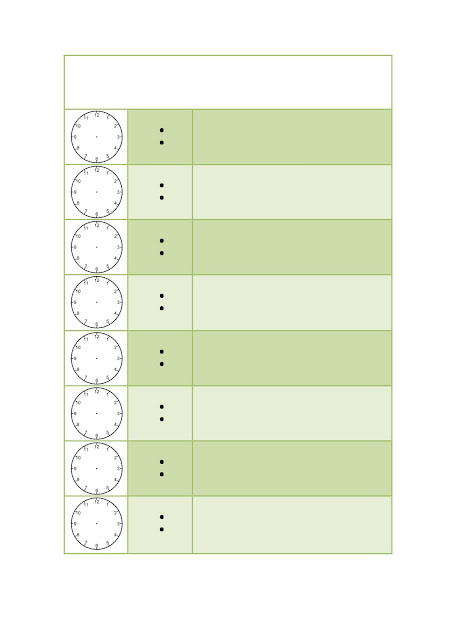In my past life, pre-kids, I was the complete contrast to my Aspie son. A social maniac. I had more friends than I could count and I loved to go out and have fun. My wonderful friends were a hoot and I was a happy camper.
Even though my friends are still there for me, we all followed different paths in life and gradually saw less and less of each other.
My focus became my children and my memories of the past were misplaced.
Nowadays I spend my time feeding, managing and entertaining my kids, unsuccessfully trying to teach our dog to talk (a simple "hello" would suffice), avoiding housework and occasionally dabbling in paid work, somewhere along the line I seem to have forgotten how to interact with people my own age.
Dear old hubby and I rarely get the opportunity to converse before we flop our weary bodies into bed at some ungodly hour and if ever I get a moment to myself (ha ha.. like that ever happens!) all I want to do is relax and enjoy the peace.
I daydream about escaping to a luxury hotel room alone - a big bed, room service and someone else doing the cleaning.
However, this week I have discovered that catching up with old friends does wonders for my mood and hence makes me a better primary carer (aka mum)!
So listen up friends and family of primary carers with a child on the Autism Spectrum! If your friend once enjoyed socialising, (not all parents did), they will again. Offer to mind those kids and send that primary carer out. Remind them of what grown-ups like to talk about (other than kids) and providing they are not candidates for driver fatigue, (let them sleep if that's the case), encourage them to catch up with friends, old or new or do something they think is fun and let the healing begin!
It's very hard nurturing friendships when members of your family prefer to be without visitors and often prefer not to socialise publicly. (This can end up rubbing off on all the family members.)
Some parents feel a deeper sense of loneliness and depression, which is common when caring for special needs children. This may require a more aggressive approach to acquiring "me time" and can be the least of their problems. (Reaching out is often the last thing you want to do when suffering from depression. That is why family and friends should take some responsibility in looking for the signs of depression and encourage their friend or family member to talk to their GP at least).
For more information on depression:
The Black Dog Institute: http://www.blackdoginstitute.org.au/public/depression/depressionexplained/index.cfm
Beyond Blue:
http://www.beyondblue.org.au/index.aspx?link_id=89.579
 If this rings true for you, it may not be as simple as getting a babysitter once in a while. Make sure you are under the care of your GP and discuss all options in helping your situation.
If this rings true for you, it may not be as simple as getting a babysitter once in a while. Make sure you are under the care of your GP and discuss all options in helping your situation.Sometimes you have to make some more substantial decisions in order to create a happier life. Change jobs or lessen your hours at work if you can. Don't do housework for a day a week, or even better, get a cleaner (I wish), rearrange your family schedule to include you. Organise regular help for the kids.
Think outside the square of your life and make a drastic change and don't forget in Australia, you can apply for a mental health care plan through your GP. This enables you to seek professional counselling through a psychologist or psychiatrist with a heavily increased rebate from medicare. I've got one and I love my sessions with my psychologist. More info:
http://www.racgp.org.au/Content/NavigationMenu/Patients/Factsheets/200709Infoforconsumers_MentalHealth.pdf
The primary carer's happiness is extremely important to ensure success for your family. Do what you have to do to make it happen!
Good luck! Pursue happiness, stay kind, stay calm and stay tuned!



